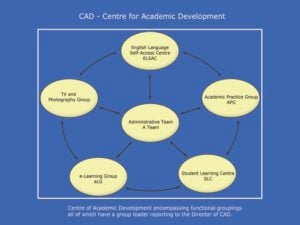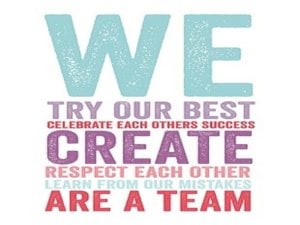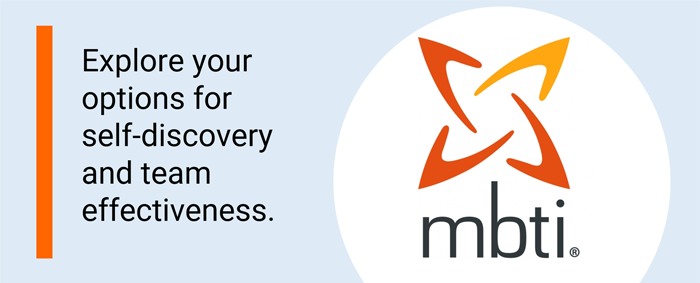Team Management Objectives: Successful Teams Don't Just Happen
These objectives of team building are the foundation to creating a highly successful team!
Successful teams don’t happen by accident. Instead, they are developed deliberately to achieve outstanding results. For instance, The Centre for Academic Development at the University of Auckland comprised six teams each with a particular function contributing towards enhanced teaching and student learning and ultimately towards enhanced organizational performance.
The success of the Centre depended on each team being the best it could be, not only as an entity in itself but also as an interconnected collaborative unit within the Centre and across the entire university.
Checklist: Employee Engagement for Team Building
Team Management Objectives: Successful Teams Don't Just Happen
It is not enough in any organization to simply appoint individuals to a leadership position without any input on what it might mean to be a leader. Thus, leaders need to be coached, mentored, encouraged and appropriately rewarded for their efforts. The team leaders in the Centre for Academic Development were offered professional development opportunities in the form of external coaching and mentoring, participation in internal leadership programes such as the highly successful University of Auckland Women In Leadership Programes and line management which took the form of mentoring, advocacy and encouragement.

Objectives of Team Building: A Leadership Framework
Universities operate within a highly distributed model of leadership. However, the purpose of leadership is not necessarily clear. A leadership role might be to lead a research team, lead a project or play a leading role in teaching. The individuals chosen as leaders may well be the top performers in the ‘activity’ they will ‘lead’ but they may have little or no experience of what it means to be a leader or engage in leaderful behaviours. This shortcoming relating to leading and being a leader is becoming increasingly recognized in Higher Education institutions. For example, more attention is being paid to developing a culture of leadership across institutions. This development is still in its infancy.
Objectives of Team Building: The Leadership Challenge®
As the Director of the Centre for Academic Development from 2006 -2013, I was in the same position myself, a positional leader, a person with a leadership role and title with little attention having been paid to my leadership capabilities.
For me The Leadership Challenge® framework developed by Jim Kouzes and Barry Posner was a gift! I identified strongly with the five practices of The Leadership Challenge and interpreted them as follows:
Objectives of Team Building #1: Model the Way
- Have an awareness of self as a leader and a role model.
- Promote engagement; commitment; respect and dignity for all regardless of status; influence and advocacy.
- Engage in institutional democratic processes.
Objectives of Team Building #2: Inspire a Shared Vision
- Encourage collaborative effort within teams, promote alignment with organizational goals, support democratic processes.
- Allow for freedom of engagement, dialogue, different voices to be heard
- Engender a spirit of ownership for the vision -- a collaborative effort to express the vision
Objectives of Team Building #3: Challenge the Process
- Remember that leadership is not about maintaining the status quo
- Encourage innovation, experimentation
- Expect scholarship and a research led approach to change
- Keep in mind the goal of enhancing organizational performance
Objectives of Team Building #4: Enable Others to Act
- Create a climate of trust, lift people up
- Be generous with leadership roles, build capacity and capability
- Support mentoring and coaching
- Be transparent about career progression and reward processes
Objectives of Team Building #5: Encourage the Heart
- Recognize achievement, reward high performance, show generosity of spirit
- Live your values, be a role model for values based leadership
- Show the best, encourage the best
- Engage, lift, enthuse, inspire

It was not an easy task to implement this leadership framework throughout the Centre for Academic Development, but an indication of the success is that all of the team leaders progressed to new challenges and were appointed to leadership roles within new institutional structures.
Lorraine Stefani is Professor of Higher Education Strategic Engagement at the University of Auckland, New Zealand. From 2006-2013 she was Director of the highly successful Centre for Academic Development at UoA, the remit of which was to provide professional development programmes and interventions with the goal of enhancing organisational performance in learning, teaching and research. Lorraine has an international reputation for her publications and conference presentations. Her current research is on the topic of inclusive leadership in higher education.


